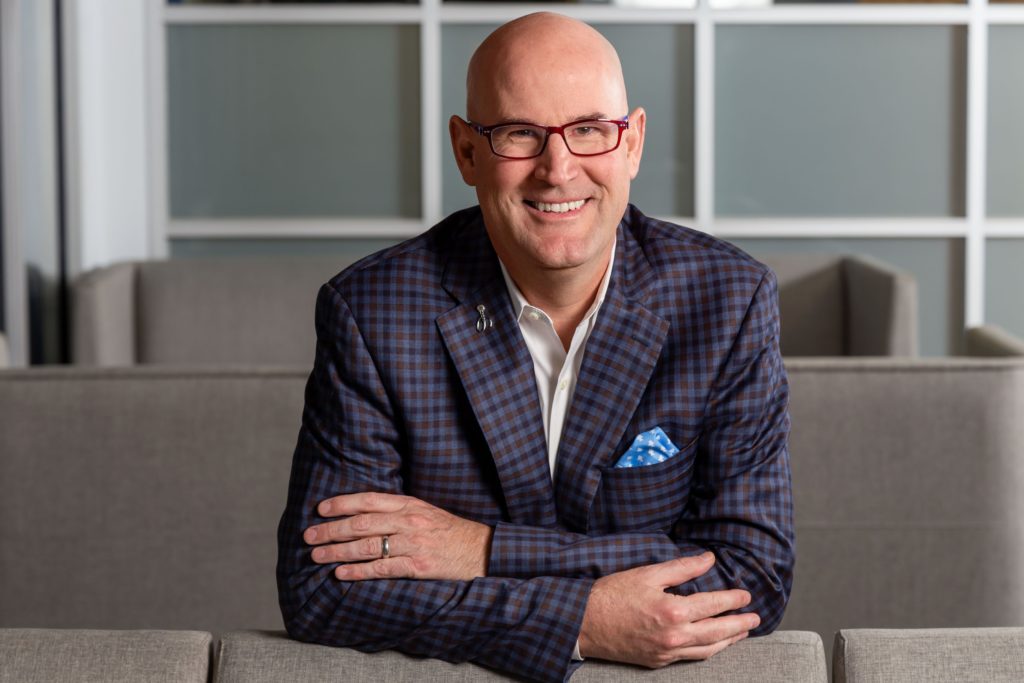Being humble pays in business. Entrepreneurs who demonstrated humility were more able to get funding from investors.
The Wall Street Journal shared the findings of a recent study published in the Academy of Management Proceedings Journal. Big thanks to my brother-in-law Micky Baehr for sharing the article.
The research found that “Early-stage entrepreneurs who display signs of humility with investors are nearly twice as likely to reach the next step of the funding process as ones who don’t.”
Wait… isn’t exposing weakness and vulnerability a flaw?
“Humility is not a weak trait,” says Ivana Vitanova. Vitanova is an associate professor of finance at Lyon and co-author of the journal article.
She shows how a perceived flaw reveals a corresponding strength. Vitanova continues, “Rather, it reflects a strong person who knows that when there is something he cannot do, he will ask others for advice and appreciate their knowledge.”
In “Pink Goldfish 2.0,” David Rendall and I call this honesty and openness Exposing. It is the E in the F.L.A.W.S.O.M.E. framework.
Good friend and fellow speaker Jeff Nischwitz (he/his/him) calls this ‘getting naked’ in his new book “Snow Globe Leadership.” Think about a snow globe, the magic only happens when you shake things up and challenge the status quo.
Jeff believes, “Naked is the perfect word because this critical foundation is vulnerability, the most terrifying and misunderstood concept in business and leadership today.”
Jeff asserts the key to being vulnerable is to be human. “We all know that none of us are perfect, yet many of us function with a goal to be perfect, to never make mistakes, to always have the answers (the right answers), and to always have it together.”
How do you do it? Nischwitz shares a handful of thought-starters in Snow Globe Leadership:
1. Not always having all the answers
2. Allowing space for other ideas
3. Sharing your uncertainties
4. Being open to feedback
5. Asking for help or support
Takeaway: Brené Brown defines vulnerability as emotional risk, exposure, uncertainty. Are you willing to be humble and open?
Follow me on Twitter or LinkedIn.

Stan Phelps walks the walk. He stands out in the sea of sameness by modeling his own Differentiated Experience (DX) message: Differentiation isn’t just about what you say, it’s about what you do and, more importantly, how and why you do it. Stan leverages his unique collection of 5,000+ case studies on customer, employee, and brand experience to engage audiences with informative learning-based experiences. He believes purposeful DX wins the hearts of employees and customers, and differentiation ultimately boosts loyalty, retention, referrals, and results.
Find Stan’s in-person and virtual keynotes, workshops, and Goldfish tank programs at StanPhelps.com.

